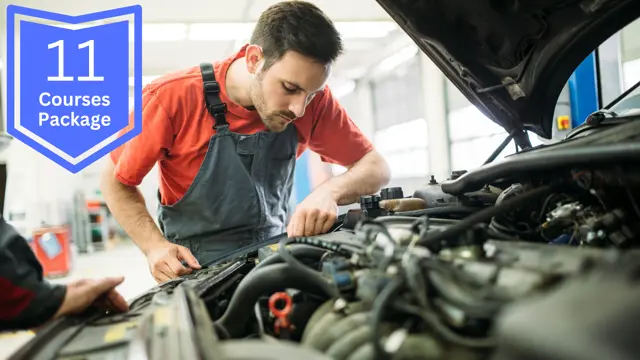Car Mechanic and Repair Level 3 Diploma - CPD Accredited
Apex Learning
Flash Sale: 40% OFF | 11-in-1 Premium Bundle| 115 CPD Points| Gifts Hardcopy + PDF Certificate | Lifetime Access
- 535 students
- Online
- 29 hours · Self-paced
- Certificate(s) included
- 115 CPD points
- Tutor support
***Limited Time Offer*** ★★★ Enrolment Gift: Get Hard Copy + PDF Certificates + Transcript + Student ID Card worth £180 - Enrol Now! ★★★ Becoming a mechanic is a good career option , especially if you love cars, like working with your hands, and wish to start earning ASAP. B
…






